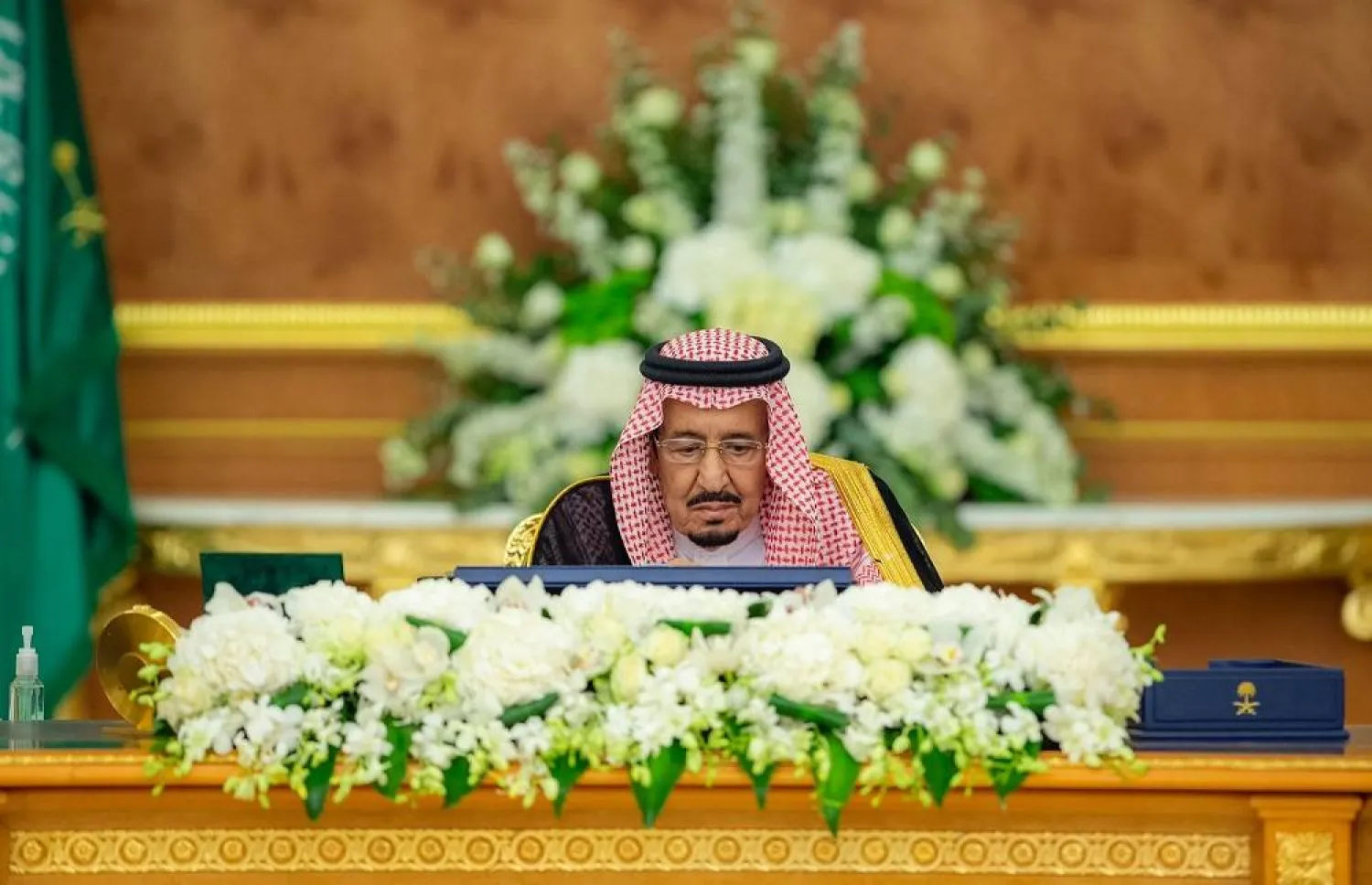The Ministry of Transport and Logistic Services announced that the Global Logistics Forum 2024 will be held from October 12 to 14 at the King Abdullah Financial District.
Under the patronage of Custodian of the Two Holy Mosques King Salman bin Abdulaziz Al Saud, the landmark event aims to foster international collaboration and reshape the global trade and supply chain landscape.
In a statement on Monday, Minister of Transport Saleh bin Nasser AlJasser said: “Our ambition is that the Global Logistics Forum helps to reshape the global map of logistics. It is a transformational platform and given his legacy of spearheading notable achievements and reforms in Saudi Arabia, it is only right that Custodian of the Two Holy Mosques King Salman bin Abdulaziz Al Saud has bestowed his patronage on the event.”
“We are grateful for his support and we will use the event as an opportunity to blaze a trail of prosperity in this inaugural event,” he stressed.
The forum is expected to attract over 10,000 participants, including heads of state, ministers, industry leaders, experts, and innovators from around the world. The event will focus on boosting sector infrastructure and optimizing logistics operations to drive growth and maximize impact.
A key theme of this edition is the sector's need for adaptability in the face of global climate change, with the forum providing a collaborative platform for stakeholders to drive meaningful change.
Attendees can look forward to a series of dynamic discussion sessions, interactive workshops, and exhibitions designed to encourage international cooperation and stimulate innovation in sustainable logistics solutions.
The forum will also highlight Saudi Arabia's significant advancements in the sector, including the Kingdom's impressive rise by 17 places in the Logistics Performance Index and its progress toward achieving the goals of the National Transport and Logistics Strategy.
Additionally, the forum will unveil the logistics centers master plan, announced by Prince Mohammed bin Salman bin Abdulaziz Al Saud, Crown Prince and Prime Minister, in mid-2023. The ambitious initiative to establish over 100 million square meters is aimed at enhancing infrastructure, diversifying the economy, and cementing Saudi Arabia's position as a global logistics hub.
Set in Riyadh, a city strategically positioned at the crossroads of the world’s three largest continents and home to one of the most dynamic economies globally, the forum offers a unique opportunity for participants to influence future logistics trends, forge relationships with global leaders, and explore groundbreaking collaborations. Riyadh's modern infrastructure and rich cultural heritage further enhance the setting for this prestigious event.









